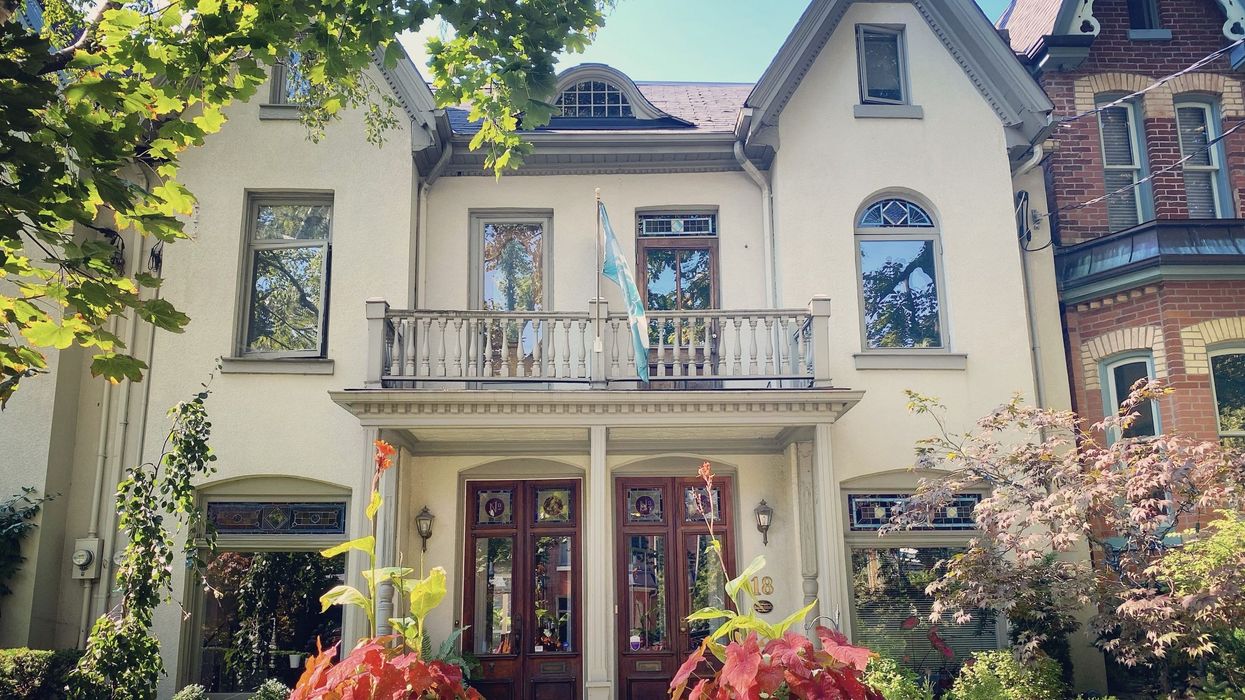Another federal election has come and gone, the memory of it receding quickly. By the traditional political measures of seats and ridings, Canadians are pretty much where they were before the vote. By less traditional political measures, however, there have been some meaningful shifts in its aftermath.
This election finally brought to the forefront a number of long marginalized issues like climate change, childcare and indigenous reconciliation. In particular, a long-overdue national conversation emerged around affordable housing for Canadians. What may have started with political opportunism, ended up focusing attention on the growing cost of living and the need to address sky-rocketing home prices nationwide. While there are no easy answers, it has become very clear that the opportunity to own a home is more important to Canadians than ever. So too the importance of the communities that are supported by engaged homeowners.
The urge to own a home may be deeply rooted in the human psyche, but it’s also the most significant financial investment most people will ever make. The average value of residential property in Canada has historically appreciated at rate of about six percent annually. This means home ownership is often a critical first step toward long-term financial security.
The catch, of course, is getting to the starting line. Accumulating the 20% down payment required to purchase the average home is a challenge -- especially in the face of rising house prices. And that’s where the need for fresh thinking and the development and acceptance of new homeownership options enters the equation.
Just as Canadians have modified their definition of “home” to include condos, co-ops, and townhomes, it is also possible to modify the ways these homes are owned. Just as personal investing has been democratized and made more widely accessible through financial technology, new options are emerging for the ways people acquire a home and benefit from their investment in it.
Fractional ownership, which has long been popular for vacation properties, has also expanded to include crowd-sourced, local investments, where investors pool their money to purchase rental property.
Private equity investors and hedge fund investors in Canada and the U.S. have even jumped in, acquiring houses and, in most cases, transforming them into rentals, something for which they’ve faced considerable backlash.
In 2019, the federal government launched a three-year, $1.25-billion First-Time Homebuyer Incentive which is administered by the Canada Mortgage and Housing Corporation (CMHC). In the face of sharply higher house prices, however, the program’s eligibility criteria have severely limited its intended impact.
Thankfully, there is another innovative ownership model that has surfaced in response to an evolving market. Ourboro, a recently launched real-estate start up, addresses the most acute pain point for first-time homebuyers: the down payment. It makes an upfront investment in a residential property alongside the homeowner, taking a passive, long-term equity interest. When the house is sold, Ourboro receives its percentage of the profit (or loss, should there be one). In the simplest terms, both parties benefit from the increasing value of a house.
Ourboro’s model is an alternative to second mortgage products or other debt-based solutions for sourcing a down payment. This not only means that homeownership is now possible for those who have less than 20% saved, but also challenges the status quo: why buy 100% of your home alone with all your savings, when you can by half (or some other fraction) with a co-investor, and have money left over?
Of course, the complexity of the housing supply -- and affordability -- issue means there are no easy solutions or quick fixes. But, as the conversation continues and the need grows, so too does the imperative for more innovative approaches. We may have started the collective conversation over the course of the election campaign, but there is still much to discuss before the next election rolls around.
VISIT OURBORO TO GET YOUR ESTIMATE
This article was produced in partnership with STOREYS Custom Studio.





















